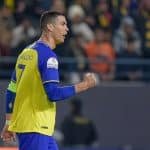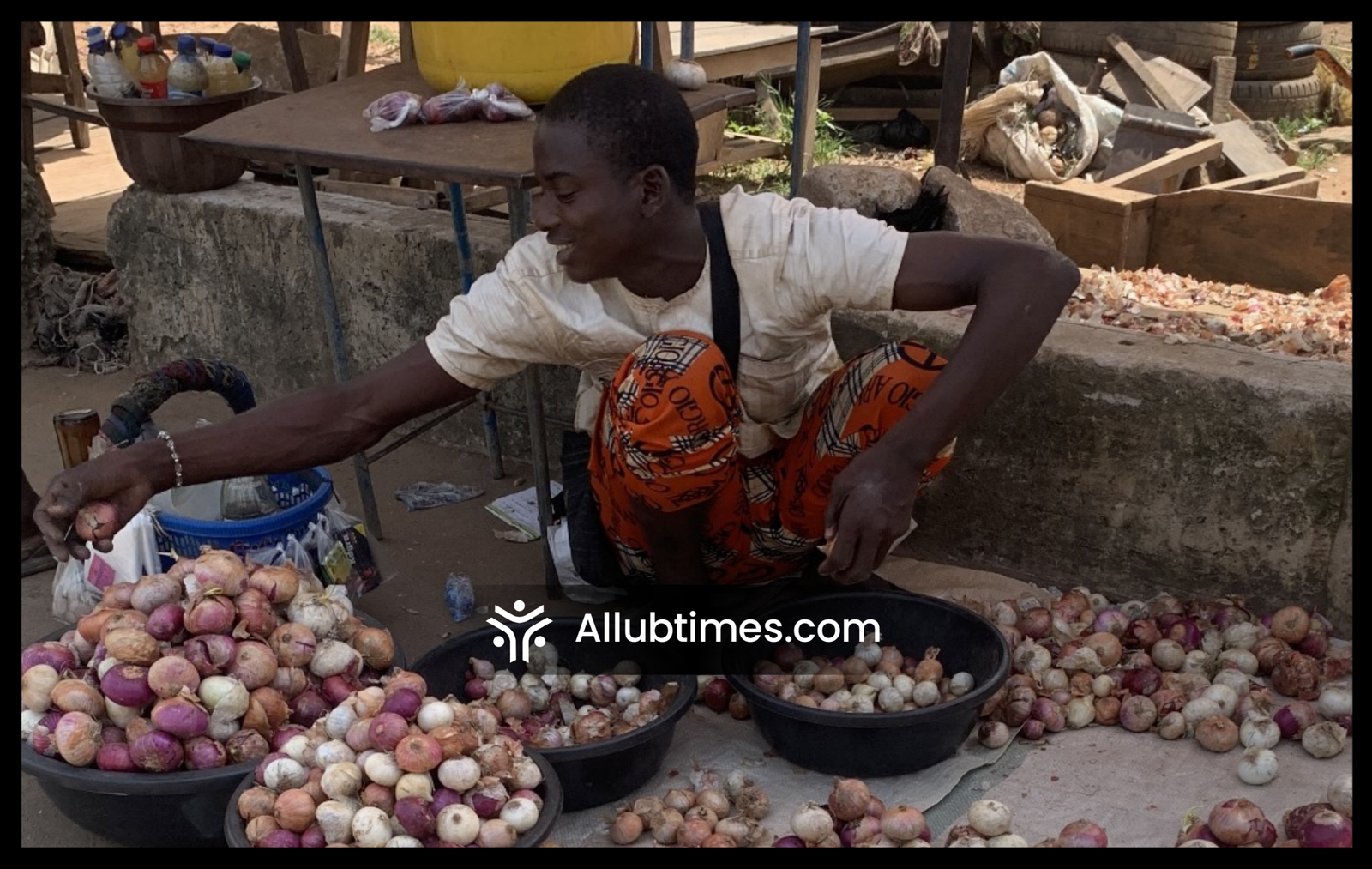A gathering of Brics foreign ministers in South Africa has called for a rebalancing of the global order away from Western nations.
The group’s objective, according to South African Foreign Minister Naledi Pandor, is to give global leadership in a world split by geopolitical tension, inequality, and global instability.
The abbreviation Brics stands for Brazil, Russia, India, China, and South Africa.
Allegations of Russian war crimes in Ukraine have cast a pall over the negotiations.
The International Criminal Court (ICC) has issued an arrest order for Russian President Vladimir Putin in connection with the claims, and South Africa, as a member of the court, is obligated to arrest him if he attends a Brics meeting in Johannesburg in August.
Some see the Brics as an alternative to the G7 group of wealthy nations, which convened its annual meeting last month in Hiroshima, Japan, and was also attended by the leaders of Brazil and India. G7 members have been harsh on Russia and China.
Brics countries have a combined population of more than 3.2 billion people, accounting for over 40% of the world’s population of approximately 8 billion people.
On the first of two days of discussions in Cape Town, Indian Foreign Minister Subrahmanyam Jaishankar said the meeting must “send a strong message that the world is multipolar, that it is rebalancing, and that old ways cannot address new situations.”
“At the heart of the problems we face is economic concentration that leaves too many nations at the mercy of too few,” he said.
Brazilian Foreign Minister Mauro Vieira described the Brics as an “indispensable mechanism for building a multipolar world order that reflects the devices and needs of developing countries”.
According to Chinese Vice Foreign Minister Ma Zhaoxu, the Brics organization might be enlarged to help underdeveloped countries and emerging market economies.
According to Russian Foreign Minister Sergei Lavrov, “more than a dozen” countries, including Saudi Arabia, have expressed interest in joining the organization.
Protesters held a picture of Mr Lavrov with the words “child murderer” as he was present at the ceremony.
One protester told AFP news agency it was difficult to see South African officials “shaking the hand of a person who is part of these systemic war crimes against Ukrainian children”, a reference to the ICC case against Mr Putin.
South Africa’s ruling African National Congress (ANC) has long had links with Russia dating back to the days of white minority rule prior to 1994, and the government has refused to condemn Moscow’s invasion of Ukraine.
Earlier this week, a deputy minister told the BBC that the government planned to amend its rules so that it could determine whether or not to arrest an ICC-wanted leader.
Dr. Pandor was asked at a press conference by BBC correspondent Andrew Harding whether Mr. Putin would be imprisoned if he attended the meeting in August.
- Squeezing the Poor: The Silent Struggle of Nigeria’s Starving Souls
- Plates of Despair: Nigerian Women Battle Against Deepening Hunger
- Shadows of Hunger: Struggles of Nigeria’s Displaced Children Begging to Eat, Survive on the Streets – Part 2
- Shadows of Hunger: Struggles of Nigeria’s Displaced Children Begging to Eat, Survive on the Streets – Part 1
- ‘This Is Messing Up My Performance’ —Angry Rema Walks Off Stage Over Poor Sound In Atlanta
“The president [Cyril Ramaphosa] will indicate what the final position in South Africa is,” she replied.
A senior source privately described the scenario as a diplomatic nightmare from which the South African administration was keen to escape, with shifting the summit to another nation being one option under discussion.






